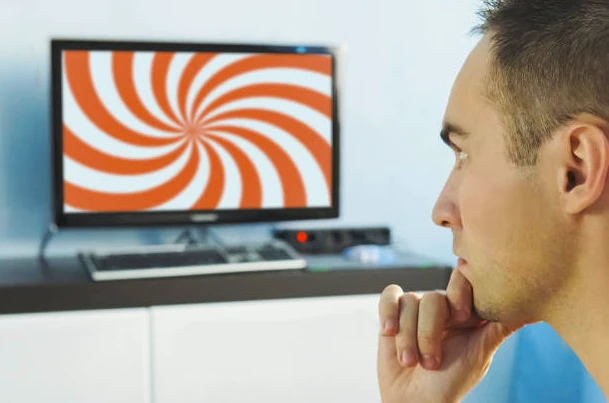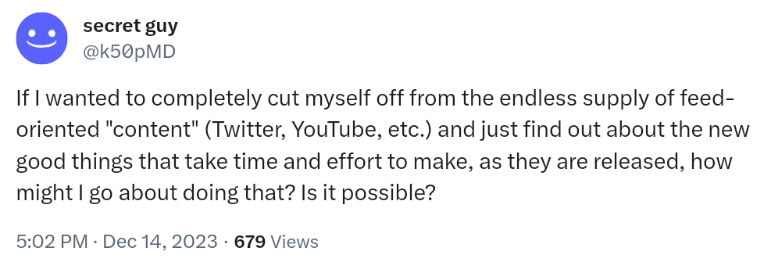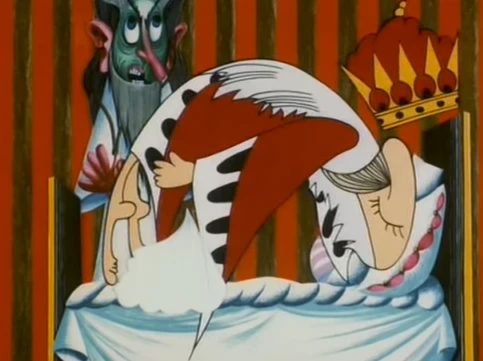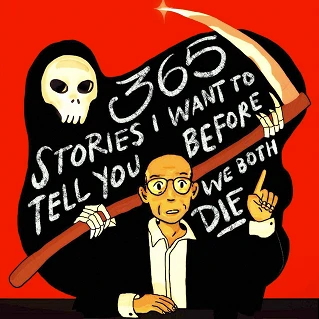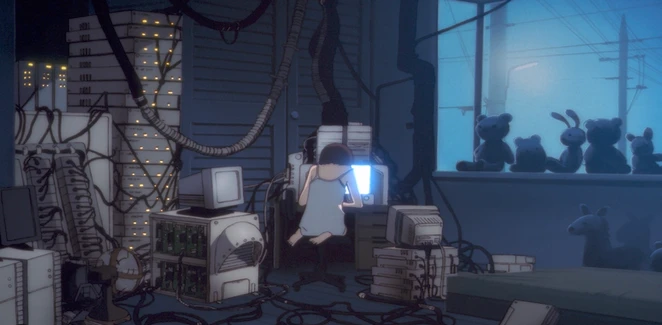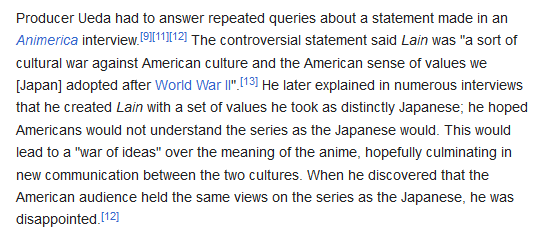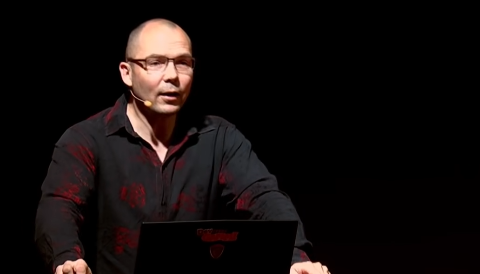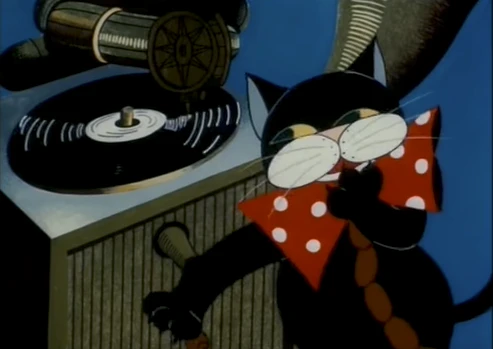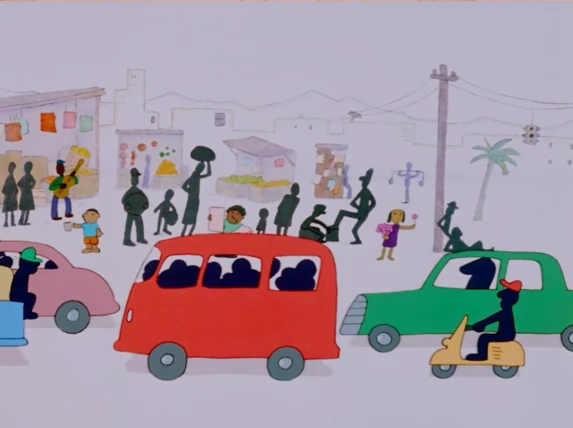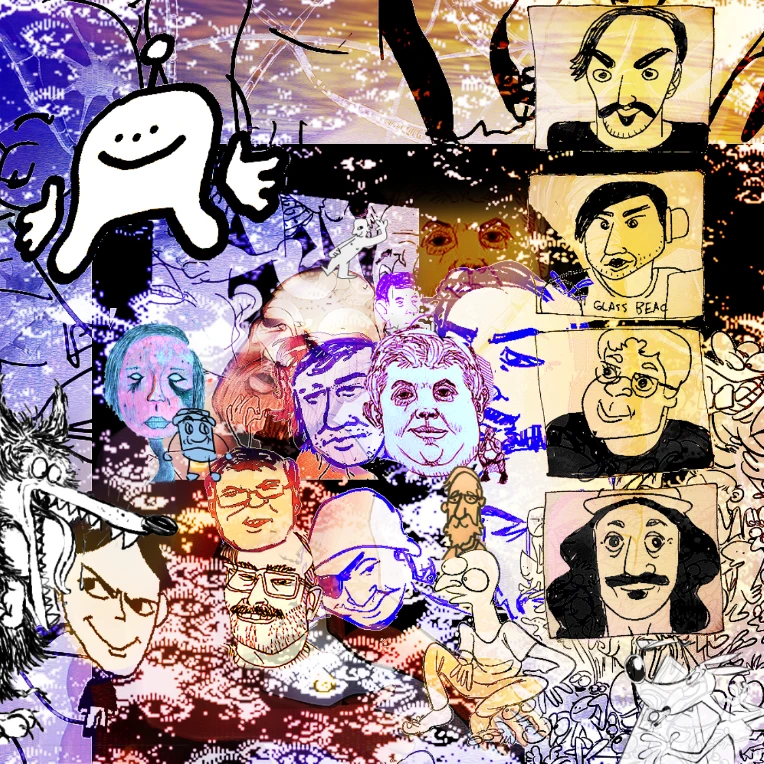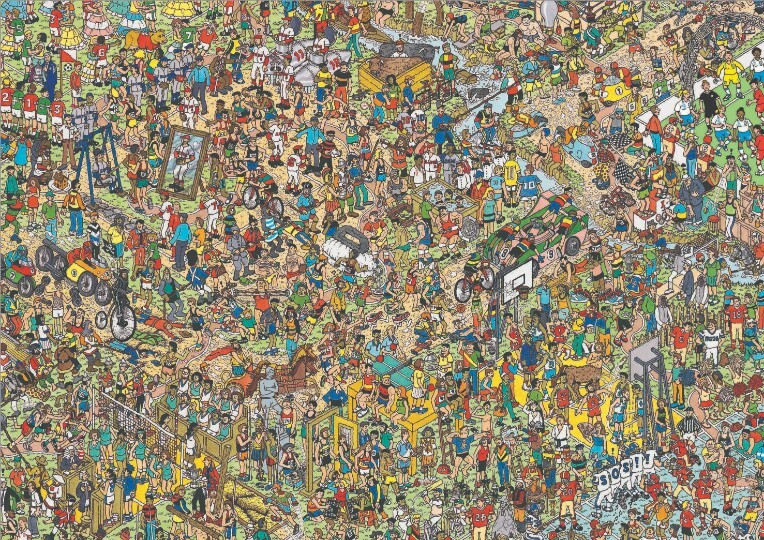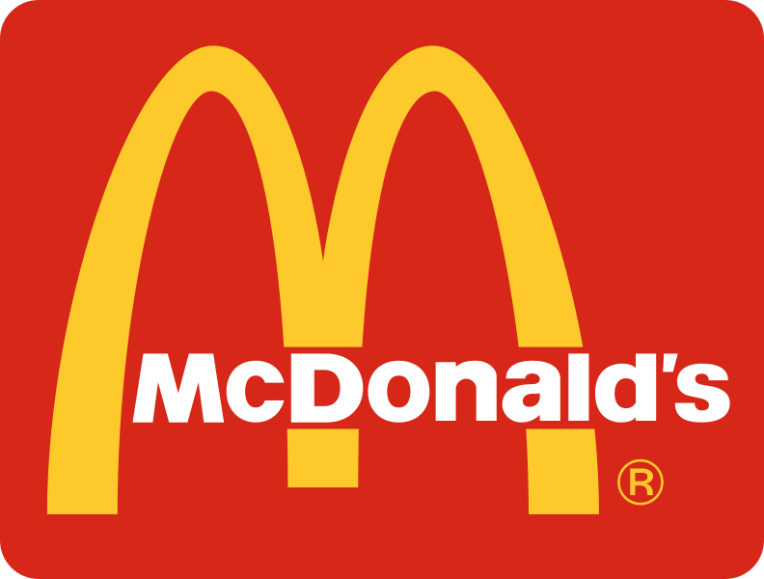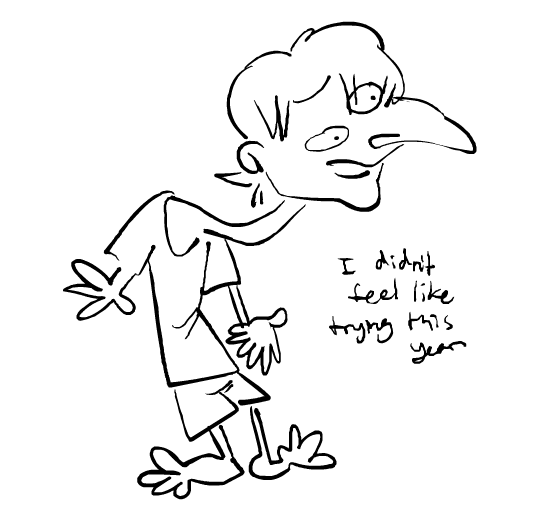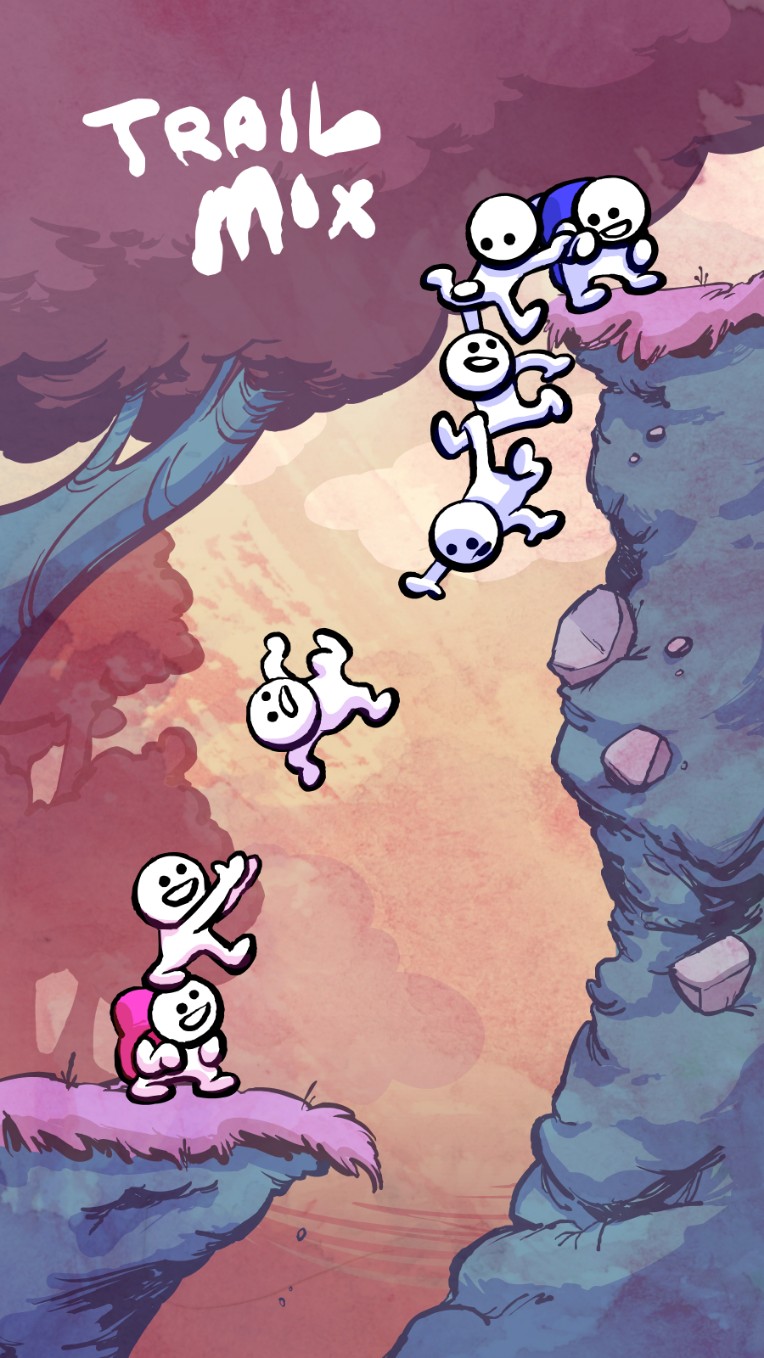I think a lot of art people have the realization, after a couple years of making stuff, that a big part of being a 'good artist' is actually about performing a sort of magic trick. Even though great art can enrich our lives or give us interesting things to think about, even the greatest works by the greatest artists are, to a large extent, acts of subtle and skillful psychological manipulation. The great masters of the renaissance knew this when they spent their lives scientifically devising new techniques for making their paintings and sculptures "more believable." Pioneers of children's television knew this when they used puppets, cartoons, and music to impart important "grown-up" knowledge onto impressionable youth. And Ubisoft probably knew it when they made Far Cry 6.
This can be a tough thing to think about when you're busy working on Far Cry 6, but assuming you will, at the very least, have some kind of midlife crisis someday, I think it's worthwhile to think about the question of "am I really doing a positive thing for the world" semi-regularly before you get too far up any kind of corporate ladder. Puritanical or not, you gotta give it to the Children's TV guys for taking education seriously. (This is a very "square" opinion, but come on we gotta do something about how dumb everyone is getting lately!) At the very least, you should be able to acknowledge that the art we make has at least some impact on the world (if you disagree debate me in the comments), and you should acknowledge that if the art you make is at all manipulative or coercive, it would be smart to occasionally check yourself and make sure the content of your work is well aligned with your personal interest in keeping the fabric of society together.
I think the reason a lot of people don't like to think about this stuff is because we already see plenty of people who are trying to "save the world." They're loud and obnoxious, constantly spewing hate at each other, and really just making a lot of small problems much more politicized and unsolvable than they otherwise could have been. In fact, the world-savers appear to be slowly going insane with compulsive behavior (tweeting/IMing, caffeine/adderall abuse, etc). And yet no one talks about this, because who would want to get sucked into that vortex?
Well, anyway, I'm a believer that art can do important things in the world, in spite of the psychic risk of allowing myself to believe that. Maybe you are too, so here's my challenge to you:
1. Learn something real about the world. Do the hard work. Doubt yourself, and test your theories empirically. Get to the bottom of something that people aren't thinking hard enough about (preferably something that few people are already talking about), and make your insights the "content" of some cool art, whatever form that may take.
2. Let's try to really flex manipulation skills. It's mostly true that all the innovation happens on the indie side of things (we make the cool music, the subversive underground "scenes", the high Art, the pornography, and so on), so why not beat the big guys at psychic manipulation, too? Is there any real reason we couldn't dominate the big players at eye-candy & ear-candy, appeals to emotion, addictiveness, and viral marketing the same way we dominate at creativity? If Hollywood is scientifically engineering the perfect blockbuster movie, why don't we pick up our scientific instruments and beat them at science? If Twitter is becoming a black hole of attention, why not prove ourselves like the renaissance men and build a stronger black hole? Isn't this the indies' whole reason for existence?
I think it's easy to get a defeatist attitude about how high-quality works get crushed in "the algorithm" while Mr. Beast videos hypnotize the nation, but there is a pretty strong advantage in making something that people actually want because it's good for them. Despite our culture's addiction to mindless consumption, people resent slop. So let's not take it up the ass from money-addicts just because they can buy all the visibility in the world - they are actually at a big disadvantage, and if they're doing their job right now, they know this and are hoping you don't notice. While their innovation is being stifled by political cautiousness, sludgy bureaucracy, and darwinism, the indie guys can kind of do whatever the hell they want.
If you're someone who thinks a lot about this kind of stuff, leaning into audience-manipulation can feel uncomfortable. It's a bit vulgar and unsportsmanlike - shoving a red-pill down someone's throat. But instead of shoving the pill down someone's throat, or coercing them into taking the pill with that whole "you're cool and smart, right?" baiting thing they do in The Matrix, what if we, delicately and transparently, asked the pill-taker to open their mouth, slowly and tenderly pushed our arms down their throat, and ever so gently dropped the pill inside their stomach, as two consenting adults should be allowed to do? (Did it work?) With this kind of artful touch, which I know we are good at, you could probably get someone to believe anything.
Perhaps we are approaching a world of competing manipulative forces, where everyone is trying to stake some ground in the culture so they can build a home for people like them. It sounds kind of dystopian, but if that is what's coming, it might be good for us to take this stuff seriously before we all get picked off. That means learning the forbidden arts of making things addictive and viral - and becoming the best out of anyone at those things, so that the smart people who don't want the world to explode can be the first guys holding the atom bombs. If we're being honest, I think most of us were secretly working on that anyway.
